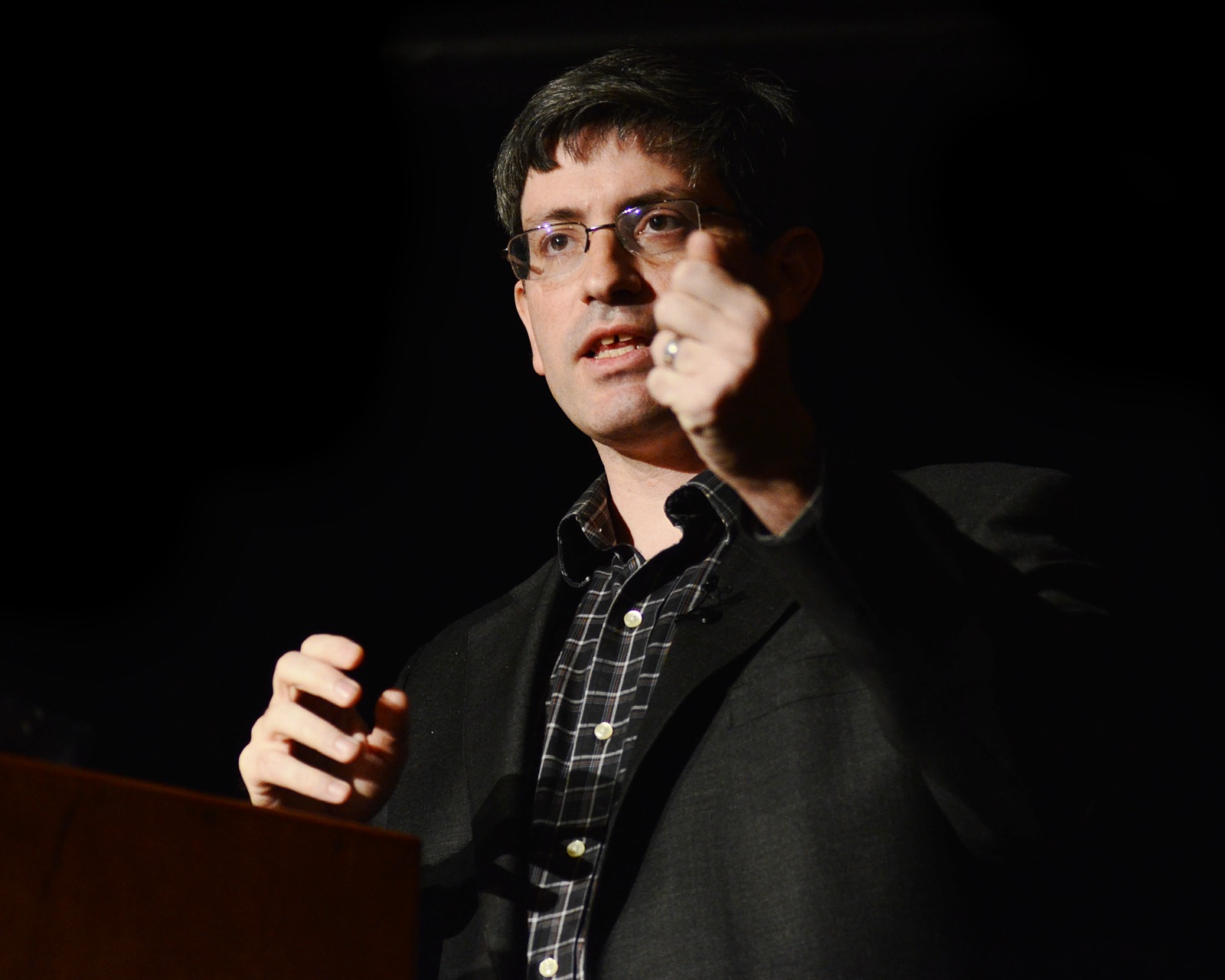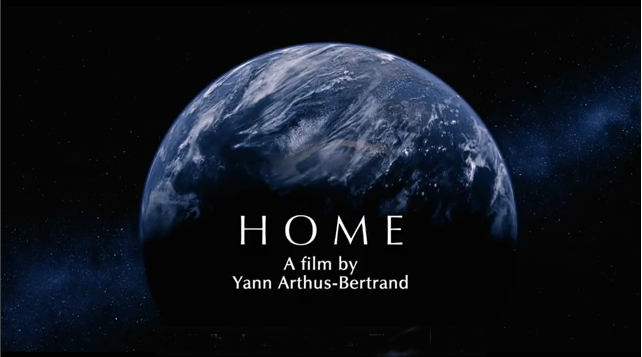Before humans first landed on the moon, NASA scientists and academics spent years devising a solution to the moon landing problem. The problem is that humans are physically incapable of making correct logical conclusions under stochastic conditions not consistent with human evolution. A human would quickly get lost in the flood of information processing required to land a craft going 25,000 mph. The solution: programming a computer to make the landing control decisions. In other words, for the first time in human history the helmsman on the ship of exploration was not human. In other words, it was the computer which landed us on the moon. So, how are we really supposed to comprehend, “One small step for man. One giant leap for mankind.”
As a general conclusion, for things that require such decisions at such speeds or with huge numbers of parameters we need computers. In order to properly maintain a society as large as humans, there will come a time when we will have reached a limit to sustainable growth due to reaching the limits imposed by evolution on human decision making abilities. That time has already occurred. In order to continue to grow, we will have governments which rely on computer decisions to correctly sustain large numbers of people. However, this will raise the interesting situation in which the president or ruler of a country will be faced with a decision – it could be a political or social. Does he/she accept the outcome of the computer’s calculation or his own, human solution.
I guess nothing I have written should be surprising or new. However, my point is that governments of large nations are not really entirely run by humans. So we can’t entirely blame public officials; rather, some of the blame should be on algorithms inside the computers which helped make those decisions.








